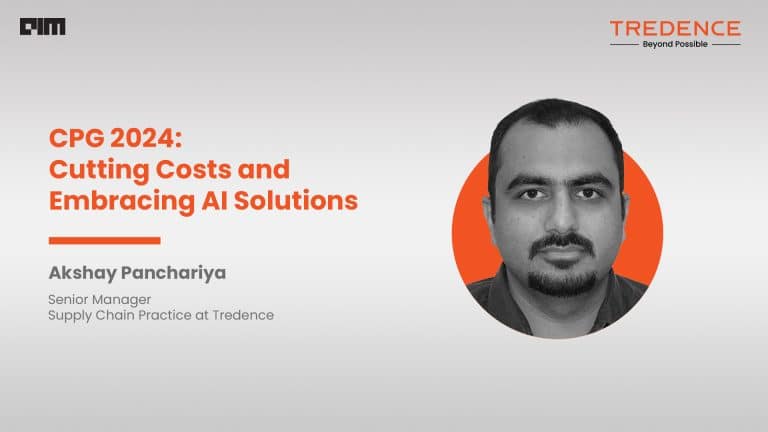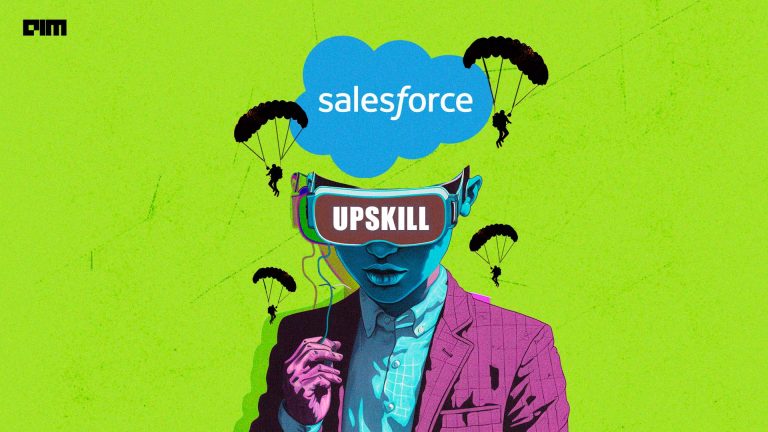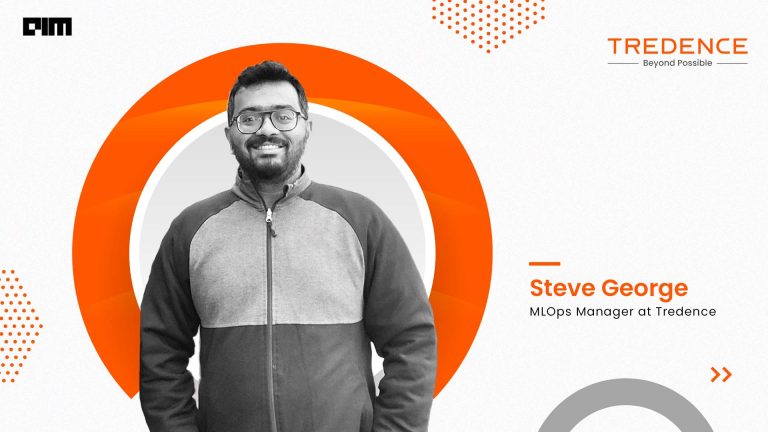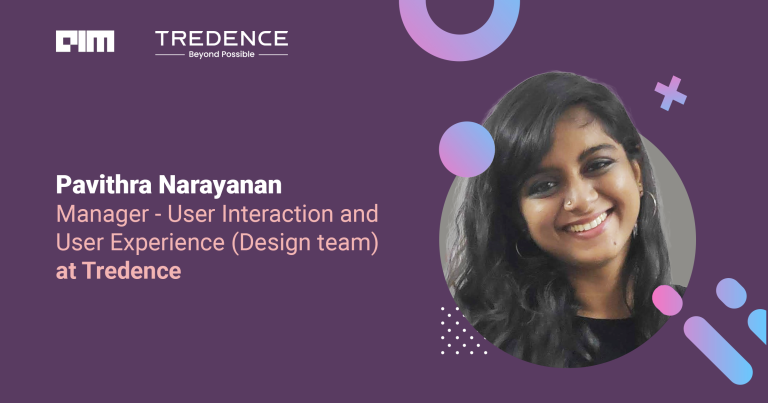In the process of learning something new, most humans start the same way, as a clean slate: They know nothing. Until they experience the joy of learning. Imagine a child saying her first word. She learned it somewhat by accident, perhaps by repeating what she heard around her. It’s not her first sound though; she probably has been making sounds for a few months before. But this time, her parent recognises that particular sound like a real word. In the joyous reaction of her parents, she learns that the sound she just made has special meaning!
I think there are two key aspects to the learning journey of humans: The knowledge itself and the meta-knowledge. In other words, there is the fact that you know and the knowledge that you know it. In the child’s case, the knowledge of the word and the meta-knowledge that it is a word.
Most humans begin their learning journey with: I don’t know. And I don’t know that I don’t know.
And then, they meet an opportunity or face a challenge. When they explore that opportunity that they learn what they don’t know. So, they move up to the stage of: I don’t know. I know what I don’t know.
Once they reach here, they are likely to do one of two things: They either stay where they are or begin acquiring that knowledge. Their attitude towards their newly acquired meta-knowledge decides the next step.
Unlike unidimensional facts, most skills today require a certain level of proficiency before one can claim to truly ‘know’ it. So, they stay at: I don’t know what I know. I know what I don’t know. Most often, this is the longest phase for any skill. As they spend time gaining the skill, they move to the next step.
Fourth step: I know what I know. And I know what I don’t know.
“I know what I know” is simply a level of confidence. It needn’t always be 100%. In most situations, a reasonable level of confidence is enough. As a corollary, “I know what I don’t know” is about confidence and clarity too. The true mark of success at this stage is in saying I don’t need to know everything; I know enough to take action.
From here, most people get to the “I know” stage, something akin to complacency. Especially with experience and success, people believe that they know everything there is to know. Until their life is disrupted, the context changed, and they are pushed right back to the ‘I don’t know, and I don’t know that I don’t know the situation.
In my experience speaking to some of the world’s smartest and tech-savvy business leaders, I find that an organisation’s analytics journey is very similar to an individual’s learning lifecycle. Here are the parallels.
The analytics adoption lifecycle
Stage 1: Visibility
I don’t know. And I don’t know that I don’t know.
An organisation without any data or analytics capabilities lacks visibility. They might not be collecting any data nor performing any analysis, making gut-based decisions. Some of them might be early-stage companies, focussing on setting up sales and marketing, not yet ready for optimisation or innovation. Some others might be mature businesses but might not have the data to glean insights.
At this stage, an organisation does not have visibility into their business. And they don’t yet know the possibilities that this visibility can open for them. If you’re reading this blog post, you’re probably well past this stage. Congratulations.
Stage 2: Evaluation
I don’t know. And I know what I don’t know.
Soon enough, organisations face business challenges. An expensive process, an inefficient function, too many errors, compliance mistakes — leaders soon realise that they don’t quite know. And they start looking for solutions that can enable that visibility.
If you’re in this stage of analytics adoption, here’s what you could do:
- Hire staff or bring in reliable consultants to understand the situation and identify possibilities
- Evaluate products and solutions
- Perhaps implement proofs-of-concept to measure outcomes
Stage 3: Implementation
I don’t know what I know. But I know what I don’t know.
Based on the evaluation, organisations implement solutions. With a good partner, machine learning and artificial intelligence, you can accelerate the implementation dramatically. If you’re in this stage, ensure that the solution:
- Perfectly fits your industry, geographies and unique use cases
- Empowers every business user with insights that they can use in their work — something we call last-mile adoption
- Integrates effortlessly with your existing systems
- Expedites adoption with accelerators and connectors
Stage 4: Insights
I know what I know. And I know what I don’t know.
The primary purpose of analytics is, of course, insights. Based on the challenges organisations faced in the evaluation stage and the key performance indicators (KPIs) they defined in the implementation stage, they set up dashboards for insights.
In 2021, that might not be enough. When analytics solutions just offer insights, it falls on the user to convert that insight into action. For instance, a dashboard might identify that your product description is hindering your search engine discoverability. But fixing the problem might involve your SEO expert performing trial-and-error over time.
If you’ve already at the insights stage of your analytics adoption lifecycle, consider platforms that offer prescriptive analytics. Extending the previous example, if your analytics solution can study product descriptions in the market and suggest words to include, it makes it easier and much quicker for the SEO expert to take action.
Stage 5: Innovation
I know.
As a business leader, if you think you ‘know’, it’s time to be scared. More often than not, what it implies is that you’re too comfortable where you are. If 2020 has taught us anything, it’s that all our knowledge and meta-knowledge is limited to the context we’re in. When our context changes and our world is disrupted, all of us go back to square one.
A great leader will take their learning journey from insights to innovation. Going beyond simply analysing data, gleaning insights and taking action, they will experiment with multiple variables across scenarios to predict outcomes. They will leverage the latest tools and techniques to innovate at scale.
In my view, success belongs to those who can take the feeling of ‘I know’ to ‘I am always ready to know.’



















































































